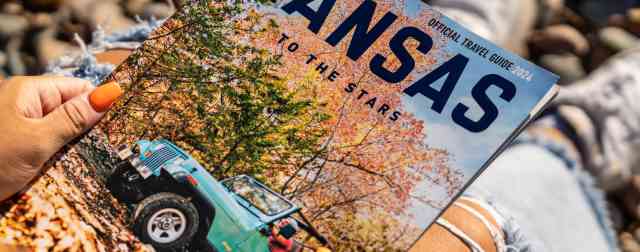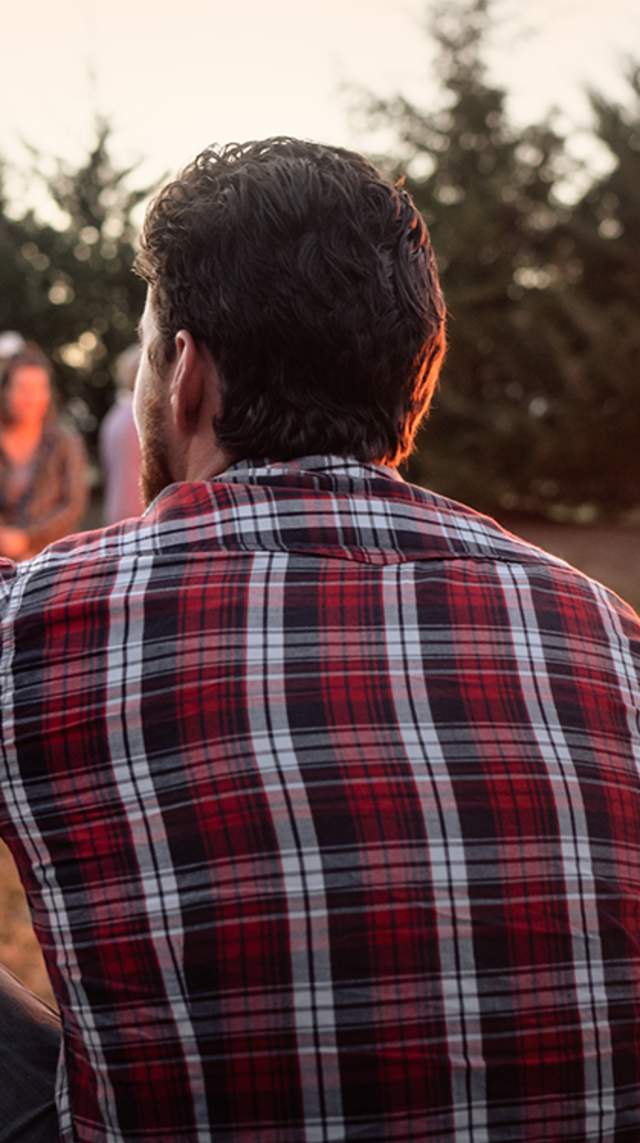An open field under brilliant blue Kansas skies. A meandering creek. Rock wall fences. The weathered barn still standing against the wind. The old farmstead, gone silent for now. What stories could they tell us? What have they seen on these 80 acres as generations of families have come and gone through this corner of southeast Kansas?
If such thoughts intrigue you, join the Kansas Archeology Training Program (KATP) Field School as professional and avocational archeologists work together to answer these questions and more.
Walking into the offices at Crawford State Park:
You can’t miss an impressive array of projectile points assembled and displayed with great care. The collection was donated to the park by a local resident Clifford Skinner, who had gathered these artifacts over the years after plowing the land. Upon closer examination, archeologists believe that these stone points are from the Late Archaic and Early Ceramic periods and were used by Indigenous people living over 1,000 years ago in what is now Bourbon County. The 2024 KATP field school will explore these fields for additional artifacts and information about the lives of the people who lived here long ago. Excavations will help us understand the property’s early history and determine its eligibility for nomination to the National Register of Historic Places. Today, this land is managed by the Kansas Department of Wildlife and Parks to whom the family donated the property upon Mr. Skinner's death.
Just a short walk up the hill:
Another investigation will be taking place at the Skinner homestead. Most of the remaining historic buildings appear to have been built during the late nineteenth to early twentieth century; however, one of them, based upon construction details, may have been erected considerably earlier, possibly during the Kansas Territorial period (1854-1860). Local historians recount that the original cabin on the property was burned to the ground by Bushwhackers and was replaced with the stone building you see today. During the KATP, this building will be extensively studied through excavation, metal detection and architectural evaluation. It will also be the focus of a two day course, Historic Architectural Evaluation and Survey, offered June 10-11, combining lecture and hands-on experiences to teach basic procedures for recording and documenting historic architectural resources. Research done by volunteers during the KATP will help provide a foundation to determine if the building is eligible for the National Register of Historic Places.
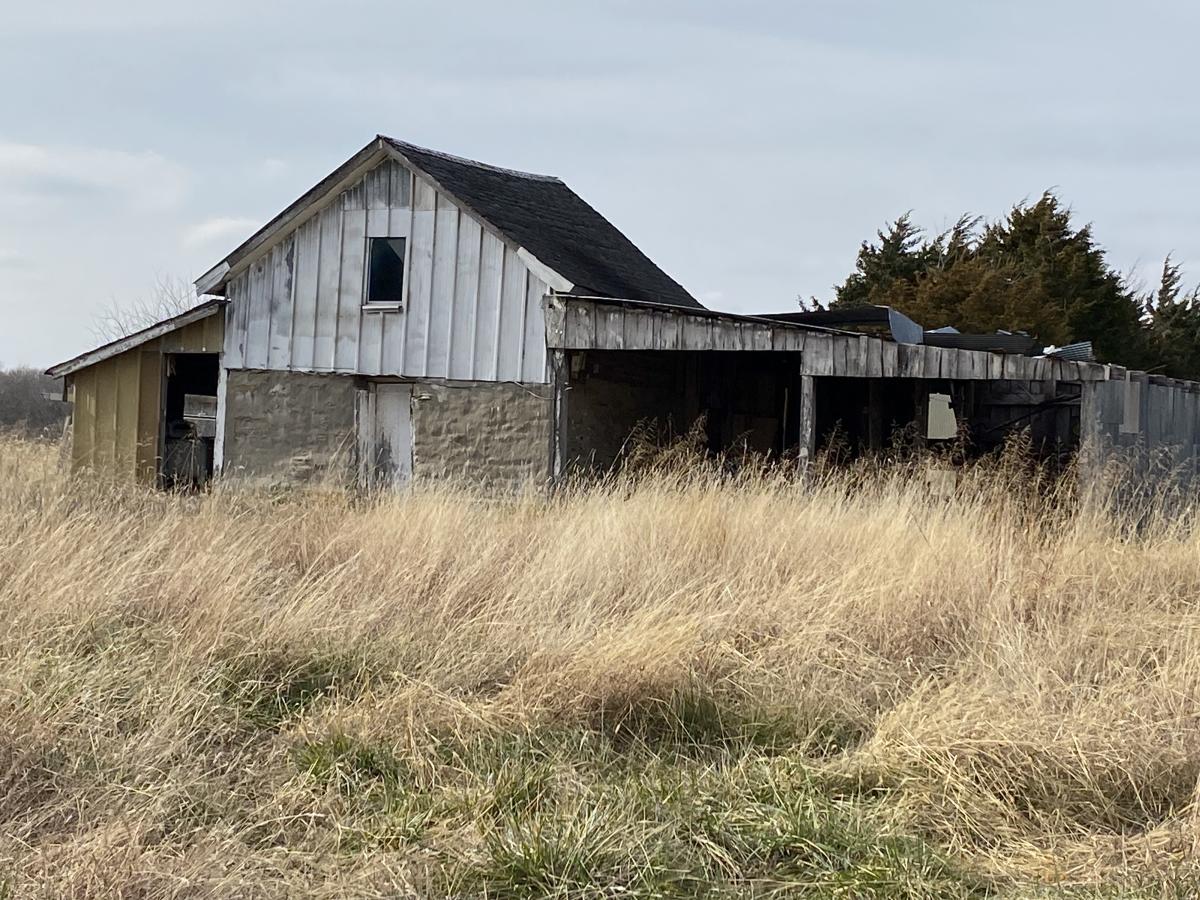
Does this sound interesting?
Then come and work alongside professional and avocational archeologists to investigate this unique historic site. No experience is necessary - just a desire to learn. Participants can attend a few days or the entire ten-days. After attending Orientation and Principles of Archeology classes your first morning, you’ll join experienced volunteers in the field who will guide you through the process of everything you need to know - from sharpening your trowel and excavation techniques to record keeping and screening your dirt for artifacts.
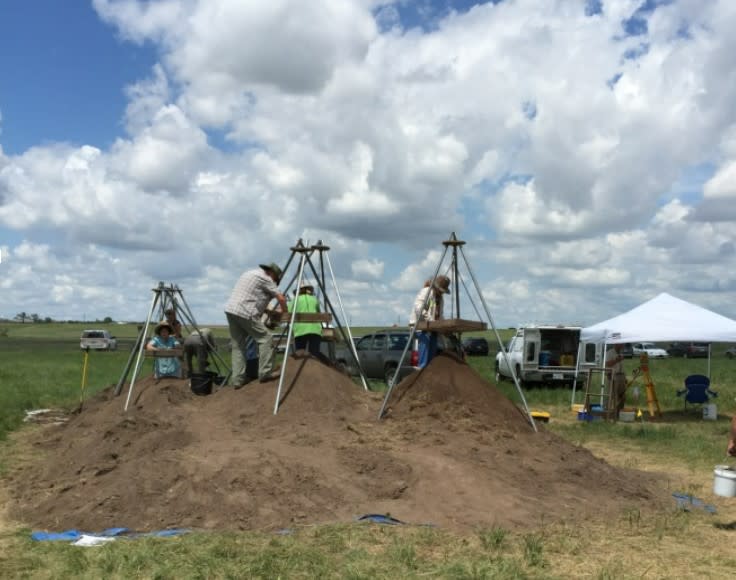
If an archeological dig isn’t on your bucket list...
You’re still welcome to come take a tour of the site. There is also a full schedule of evening programs that are free and open to the public.
Participants must be at least 12 years old, and each child aged 12-17 must be accompanied by a parent or sponsor. Participants are charged a small registration fee to help cover the costs of the project. Online registration is open from March 15-May 24, 2024 at https://www.kshs.org/katp or use the QR code below!

Project headquarters and classes will be held at Aggie’s Dream Storm Shelter/Community Center, Crawford State Park, 1 Lake Rd, Farlington, KS 66734. The facility is located on Kansas Department of Wildlife and Parks property. Day passes for the park can be purchased in the Crawford State Park office for $5.00, or an annual pass that allows entrance into all Kansas State Parks costs $15.00. The excavation site is outside of the park boundaries and does not require a pass, but to check in, attend Orientation and Principles of Archeology classes, evening programs, and project summary at the Aggie’s Dream headquarters, a park pass will be necessary.
One of the goals of the KATP Field School is to bring together individuals from Kansas and elsewhere who share a common interest in archeology. The camaraderie that comes from the renewal of old friendships, the forging of new ones, and the dedication to a common purpose makes the 10 days an enjoyable and rewarding experience. You can find out more about the field school, including how to register, by visiting the Kansas Historical Society’s webpage: https://www.kshs.org/katp.
Photo credits: P. Hintz, Kansas Anthropological Association volunteer
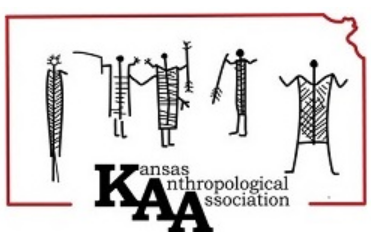

2024 KATP Field School
Work alongside professional and avocational archeologists to investigate both a prehistoric and historic archeological site in southeast Kansas!

